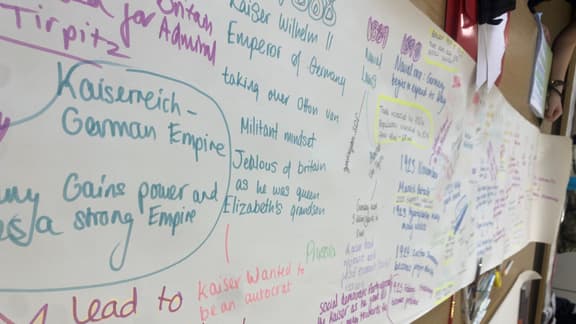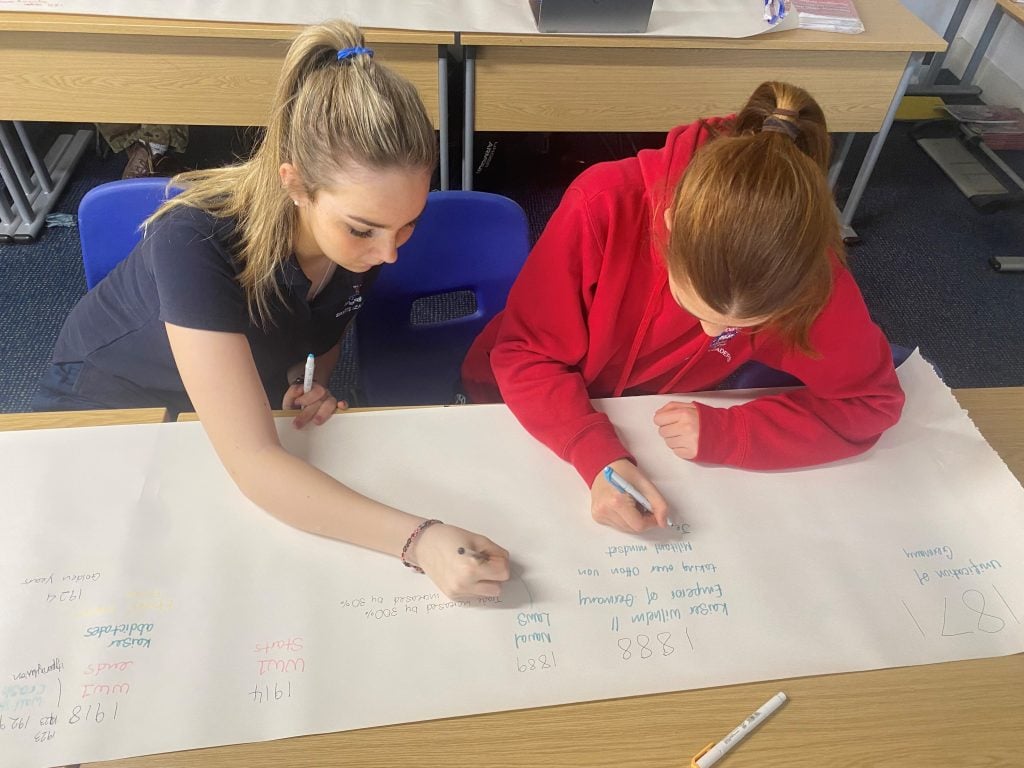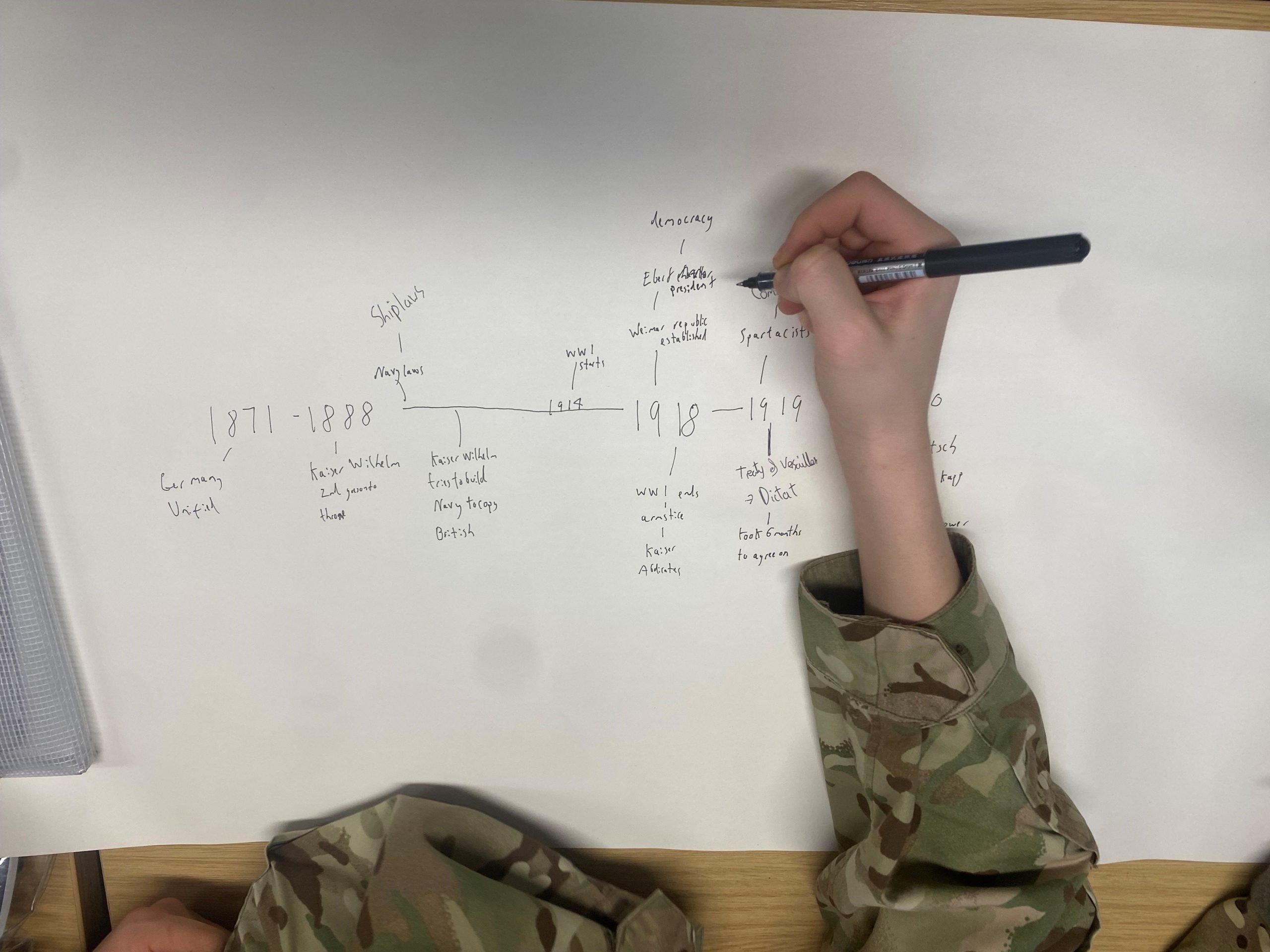
Revision Techniques
As our students begin formal exams in School, our Assistant Head (Academic) Miss Carretta shares thoughts and advice on revision techniques and skills that have already been shared with students, which might be a useful reference for everyone again.
Miss Carretta, Assistant Head (Academic)
Throughout the entire School year, and as soon as students begin at our Senior School, ‘rehearsal’, preparation and practice for exams begins, and is embedded in everyday life and learning. It’s not something we merely visit a few weeks or months ahead of exams, but rather something we instil in our students from the beginning to the end of their journey through School; helpful beyond School too, as they leave us to study further.

Effortful learning techniques
As well as focusing on metacognitive skills throughout the School year, through low stake quizzes in class, building confidence with answering exam questions, using the modelled work produced by our teachers, or reflecting on current studying techniques and approaches to learning, we are keen to instil good learning habits by exposing students to effortful learning techniques.
Students from Years 7 to 9 attended bespoke Study Skills before the Easter break, where we discussed striking a balance between revising and down time; our Year 11 and 13 students attending similar workshops delivered by external provider Elevate.
Effortful study techniques
There is extensive research on the most effective studying techniques such as practice papers, spaced practice and self-explanation, as well as about the negative effects of lack of sleep, distraction from devices and social media pulls, and little exercise and/or outdoor time.
Effortful revision is what we strive for here at Woodbridge School. Listening to a revision podcast, watching an online video, is the effortless part of revision. Engaging with an exam question to see if the acquired knowledge can be applied, is effortful. Going further and checking the mark scheme and being critical of your answer raises the game further and will inevitably lead to success.

Little and often
Little and often is what we advise, moving away from cramming the night before and prolonged study sessions on just one subject. The Pomodoro Technique (based on an egg timer, and tomato shape) is well known in the education world and was introduced to our students during the Year 7 to 9 study skills sessions.
Short bursts of 20 to 30 minutes, depending on age, on one topic, five minutes break, should be followed by another 20 to 30 minutes burst on a different subject. Aim to complete a minimum of three subjects per revision session. This not only trains students into good habits, but also trains the brain to sustain a level of focus for longer periods of time.
This preparation and these techniques will, as confirmed earlier in the article, provide our students with skills they need to revise for GCSEs, A levels and beyond School – even into life in employment. After all we are ever-learning and evolving, we know that techniques learned and used in School today will serve us well in the future. For more information visit Revision Habits and Strategies
More news

Carol Service at St Mary’s Church, Woodbridge

Mary, Joseph, Jesus and 'The Fleece Force' – Woodbridge School Prep Nativity

Woodbridge Rugby Roundup - Dec 2025
